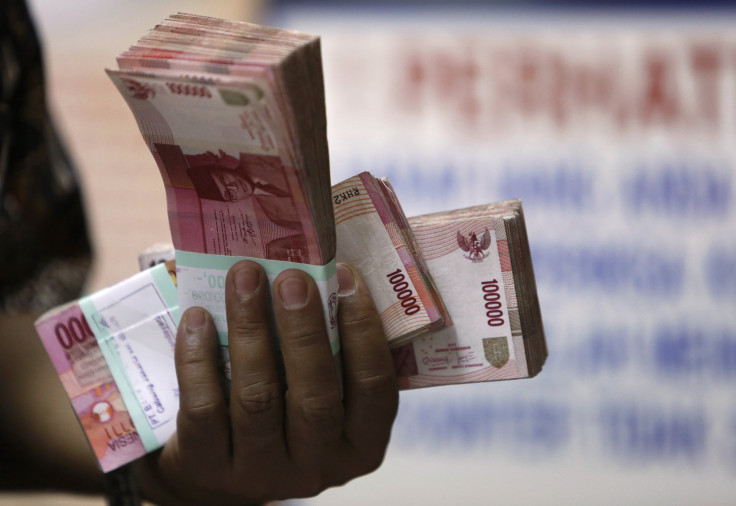Bank Indonesia Raises Key Policy Rates By 25 Basis Points For Second Time In 2 Weeks

In a surprise move, Bank Indonesia on Thursday increased its key policy rate by 25 basis points in an urgent attempt to defend the rupiah, which has depreciated by 16 percent against the dollar so far this year to become one of the worst performing currencies in Asia. The bank also hiked the overnight deposit facility rate, known as the FASBI, by 25 basis point to 5.5 percent.
The rate hikes, which were the fourth this year, were unexpected as most analysts had predicted the bank would keep interest rates steady in Thursday’s meeting, because it had raised the key policy rate by 25 basis points to 7 percent and the FASBI rate by 50 basis points to 5.25 percent, at an emergency meeting on Aug. 29.
“As a result of today’s hike, the main policy rate has now been increased by a cumulative 150 basis points since June. Aggressive monetary tightening is likely to cause the economy to slow, and we have recently cut our GDP forecast for next year to 5.5% (down from 6.0%),” Gareth Leather, an economist with Capital Economics, wrote in a research note.
The rupiah has remained highly volatile since the U.S. Federal Reserve hinted at a possible trimming of its $85 billion-a-month bond-buying program, which led to heavy foreign fund outflows from emerging markets in Asia. Indonesia too witnessed significant outflows, leading to a sharp depreciation in the value of its domestic currency, which has continued to weaken in recent weeks.
“We believe that the current bout of currency volatility is nearing an end and that a prolonged reversal of capital flows is unlikely. As such, we think further aggressive rate hikes in Indonesia will be unnecessary. Nevertheless, uncertainty about the timing of eventual policy tightening by the Fed could trigger further bouts of volatility, prompting further rates hikes in Indonesia,” Leather said, in the note.
© Copyright IBTimes 2024. All rights reserved.












